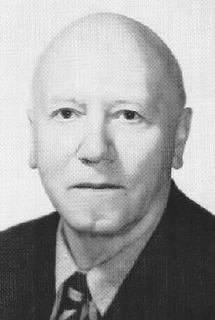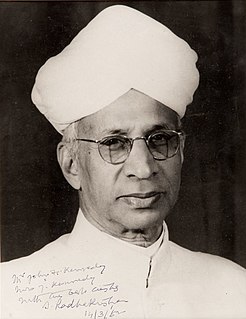A Quote by C. D. Broad
Induction is the glory of science and the scandal of philosophy.
Quote Topics
Related Quotes
My position is a naturalistic one; I see philosophy not as an a priori propaedeutic or groundwork for science, but as continuous with science. I see philosophy and science as in the same boat--a boat which, to revert to Neurath's figure as I so often do, we can rebuild only at sea while staying afloat in it. There is no external vantage point, no first philosophy.
It is time, therefore, to abandon the superstition that natural science cannot be regarded as logically respectable until philosophers have solved the problem of induction. The problem of induction is, roughly speaking, the problem of finding a way to prove that certain empirical generalizations which are derived from past experience will hold good also in the future.
I would say to anybody who thinks that all the problems in philosophy can be translated into empirically verifiable answers - whether it be a Lawrence Krauss thinking that physics is rendering philosophy obsolete or a Sam Harris thinking that neuroscience is rendering moral philosophy obsolete - that it takes an awful lot of philosophy - philosophy of science in the first case, moral philosophy in the second - even to demonstrate the relevance of these empirical sciences.
The very hope of experimental philosophy, its expectation of constructing the sciences into a true philosophy of nature, is basedon induction, or, if you please, the a priori presumption, that physical causation is universal; that the constitution of nature is written in its actual manifestations, and needs only to be deciphered by experimental and inductive research; that it is not a latent invisible writing, to be brought out by the magic of mental anticipation or metaphysical mediation.





































